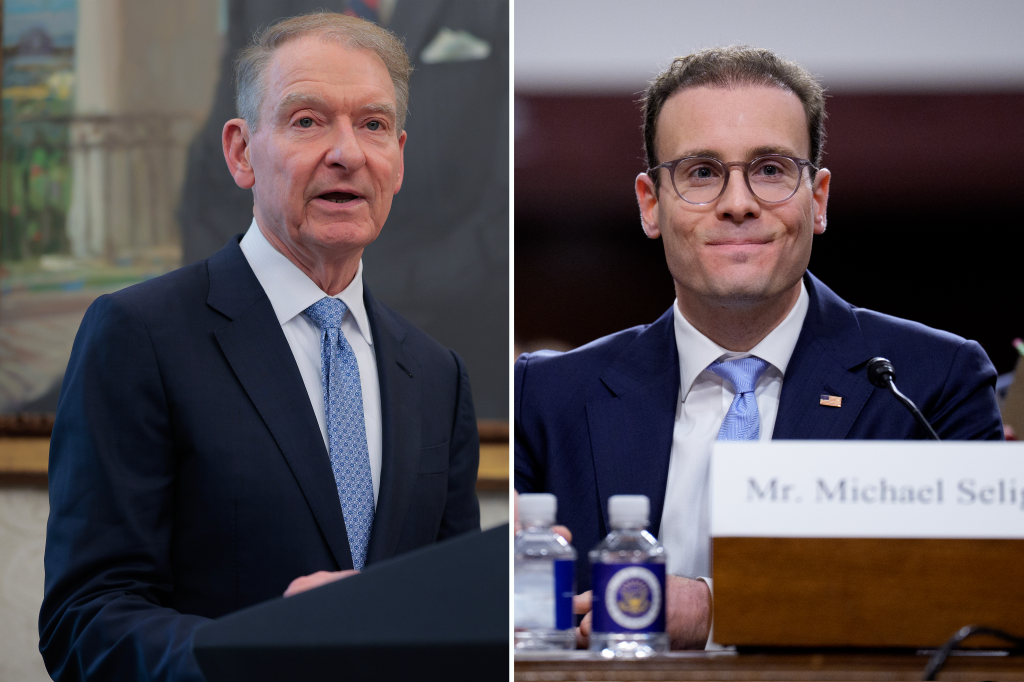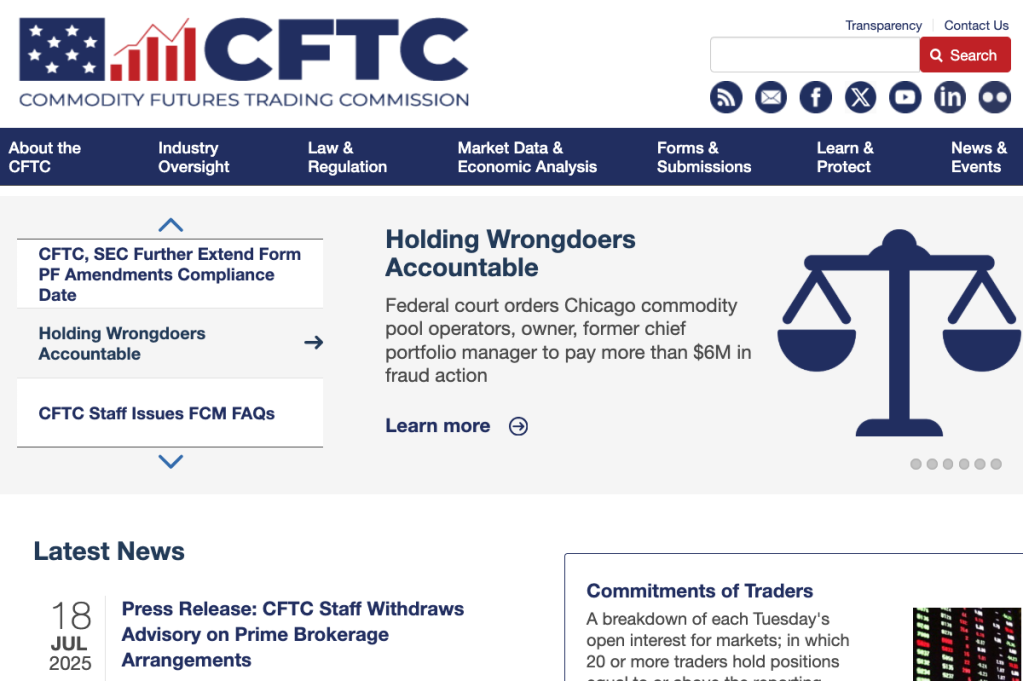The CFTC has corrected several deficiencies in its forms, policies, and agreements to comply with the 2012 Whistleblower Protection Enhancement Act (WPEA), following an investigation from its Office of Inspector General (CFTC OIG).
That effort was prompted by a 2024 letter from Senator Chuck Grassley, which urged federal OIGs to ensure that
Register for free to keep reading
To continue reading this article and unlock full access to GRIP, register now. You’ll enjoy free access to all content until our subscription service launches in early 2026.
- Unlimited access to industry insights
- Stay on top of key rules and regulatory changes with our Rules Navigator
- Ad-free experience with no distractions
- Regular podcasts from trusted external experts
- Fresh compliance and regulatory content every day













